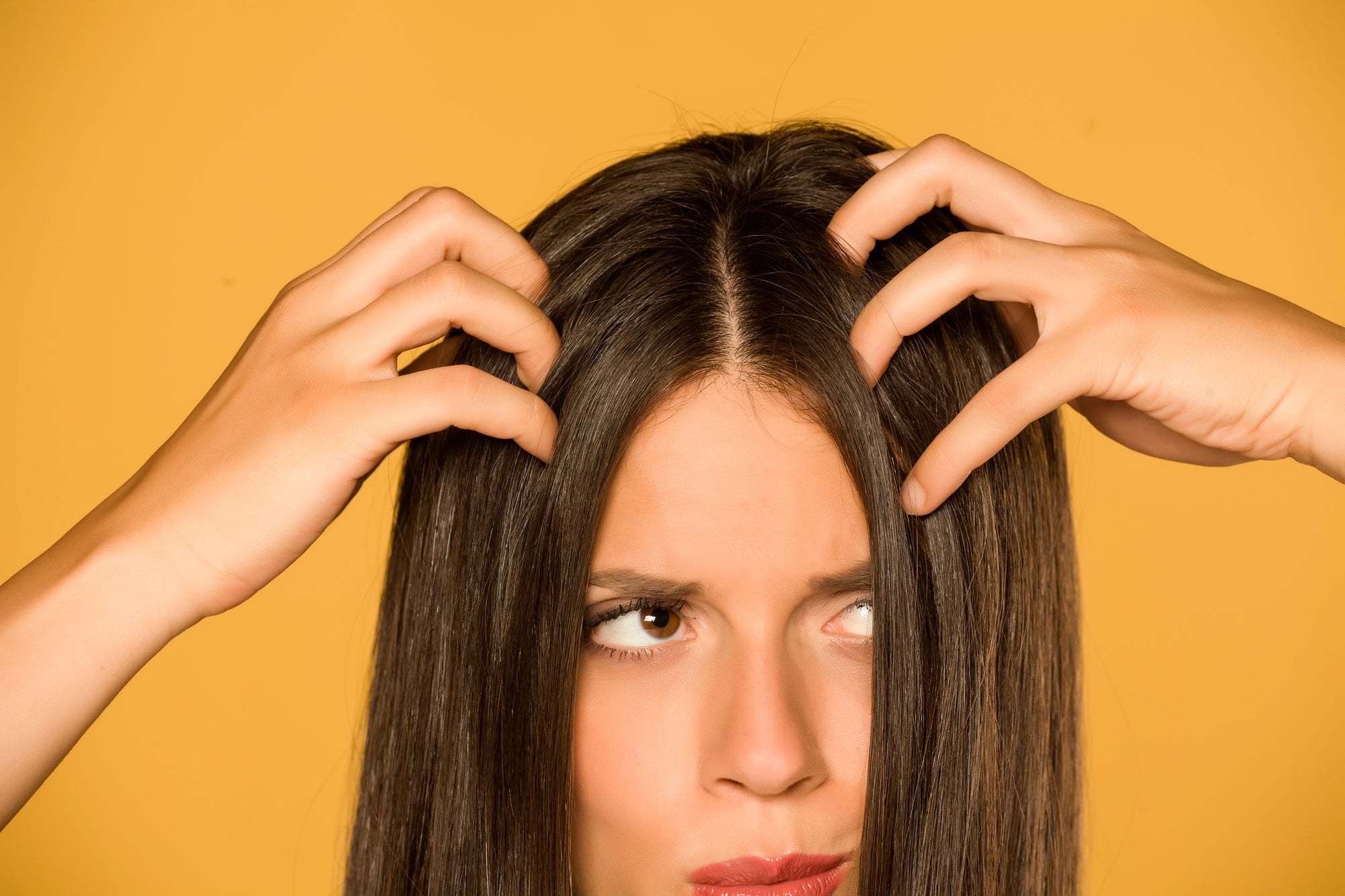

Dandruff v. Dry Scalp: Signs to Look Out for and How to Help
It’s wintertime and you know what that means - our skin is drier and itchier than ever! This can be particularly annoying when it comes to your scalp, and it may even cause you to question whether you’re suffering from a classic case of dry scalp or a chronic case of dandruff. While a dry scalp can sometimes cause dandruff, the two conditions are distinctly different.
What is a Dry Scalp?
Like most other common cases of dry skin, a dry scalp occurs when there is not enough oil for the skin on your head to feel moisturized. This can cause your scalp to feel itchy, flaky, and irritated. It can also leave your hair looking dry and dull, since the oil from your scalp naturally conditions your hair.
People with dry skin types are typically more prone to a dry scalp. Dry scalps can be caused by many of the same things that cause dry skin. This includes:
- Too much washing
- Dry air (especially during winter months)
- Showering/washing hair with extremely hot water
- Skin conditions, such as eczema
- Older age
What is Dandruff?
Dandruff might seem like the result of a dry scalp, but it can happen for many different reasons. Dandruff occurs when the scalp sheds dead skin cells at an accelerated rate. The faster the scalp sheds off dead skin cells, the worse dandruff becomes. Dandruff flakes are the shedded dead skin cells.
Most people have a natural fungus called Malassezia living on their scalp that does not cause any harm. However, in people with dandruff, this fungus leads to flakiness and irritation. This irritation may be due to the way the fungus interacts with other factors. Some people with fungal scalp infections may develop worse dandruff if they have sensitive skin or an oily scalp. According to the American Academy of Dermatology, there is still a lot researchers don’t understand about the cause of dandruff. Some potential causes can include:
- A fungal infection of the scalp, caused by Malassezia
- Sensitivity to substances applied to the scalp, such as hair products (contact dermatitis)
- Seborrheic dermatitis, a common skin disease
- Other skin conditions, such as psoriasis
Symptoms of Dry Scalp v. Dandruff
It can be difficult to tell the difference between a dry scalp and dandruff, as it is also possible to have both a dry scalp and dandruff. In general, here are some common symptoms of each:
| Dry Scalp: | Dandruff: |
|
|
|
|
|
|
How to Help Your Specific Scalp Problem
Dry Scalp
If you are suffering from a dry scalp, make sure you’re washing your hair with lukewarm water, a gentle shampoo, and then use a moisturizing conditioner. One way to tell whether you have dry scalp or dandruff is to apply a light moisturizer or scalp oil before you go to bed. If the cause is dry scalp, the flakes should disappear once you shower the next morning. For powerful scalp hydration, we recommend our Lotus hydrating scalp oil, which is packed with 13 intensely moisturizing and soothing all-natural ingredients to promote a healthy scalp.
Dandruff
If you’re suffering from dandruff, dermatologists recommend using a dandruff shampoo once or twice a week. When choosing the right shampoo, look for ingredients like these:
- Coal tar
- Salicylic acid
- Selenium sulfide
- Pyrithione zinc
- Ketoconazole
- Selenium sulfide
Some dandruff shampoos work differently than others, so always make sure to follow the instructions on the bottle carefully. If a dandruff shampoo doesn’t seem to lessen your scalp flaking, contact your dermatologist - you may have an underlying skin condition that requires treatment.
Understanding the difference between dandruff and a dry scalp is key to helping you choose the right treatment. When in doubt, ask your dermatologist what methods may be right for you.
For Intense Hair and Scalp Hydration, Try Lotus Today!
Sources
Healthline: Is It Dandruff or Dry Scalp? Symptoms, Treatment, and More | WebMD: What Causes Dry Scalp? | Mayo Clinic: Dandruff | American Academy of Dermatology Association: How to Treat Dandruff | WebMD: Dandruff - Learn the Basics | MedicineNet: Do I Have Dandruff or a Dry Scalp?
